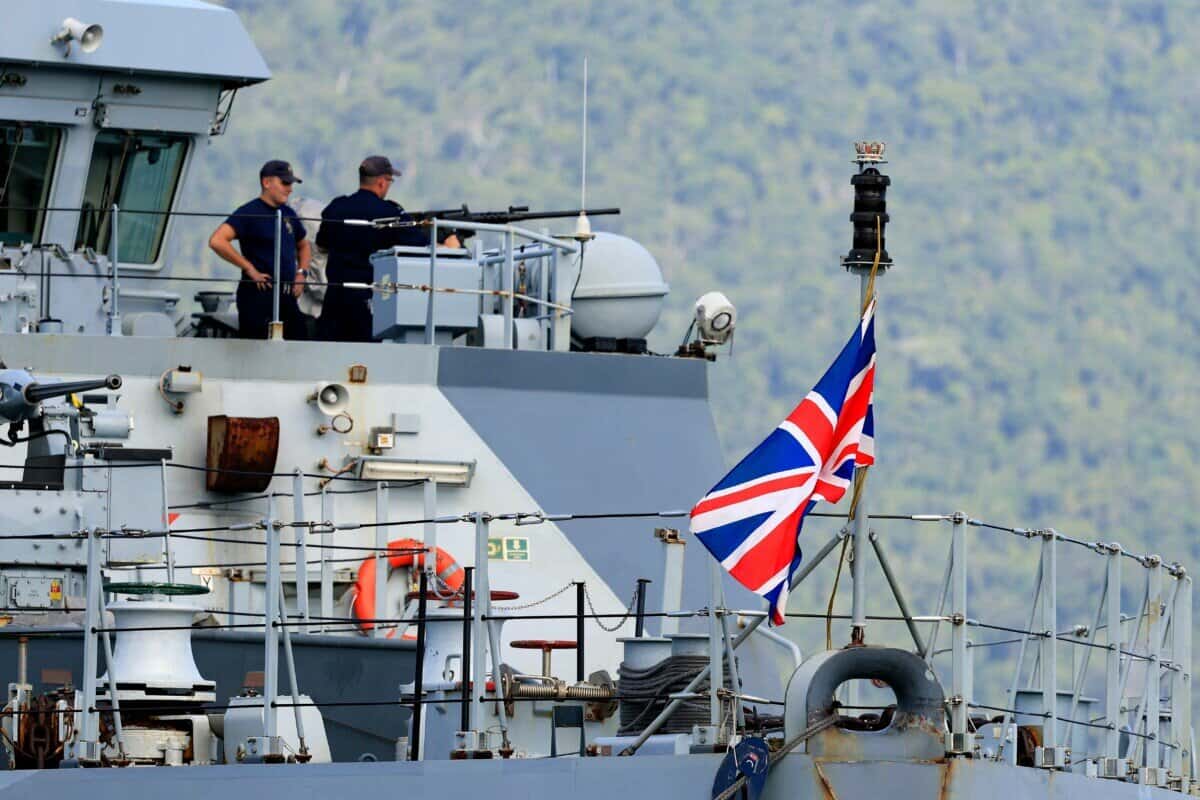The UK submarine fleet expansion in 2025 isn’t a sudden or reactionary move—it’s a thoughtful step forward in the country’s long-term defence planning. Beneath the headlines and high-level strategies, it reflects something deeper: a desire to be prepared, agile, and resilient in an increasingly complex world.
Submarines may seem distant from everyday life, quietly gliding through the depths far from public view. Yet their role in protecting national interests, enabling diplomacy, and ensuring maritime safety is anything but invisible. As tensions across the globe ebb and flow, the UK is choosing to invest in what can’t easily be seen—but matters enormously.
This expansion forms part of a broader defence review, which places new emphasis on “warfighting readiness.” That term might sound dramatic, but at its core, it simply means being ready. Ready to defend trade routes, uphold international law, support allies, and keep critical lines of communication open. In an age where conflicts can be hybrid and unpredictable, readiness needs to be versatile and forward-looking.
Central to this strategy is the development of a new generation of submarines under the SSN-AUKUS programme. These vessels are being designed in collaboration with Australia and the United States, combining years of naval expertise and technological innovation. They will gradually replace the Astute-class submarines currently in service, offering enhanced stealth, endurance, and digital capabilities. It’s not just about more submarines—it’s about better ones, fit for the world of tomorrow.
Of course, this isn’t only about technology and defence. The submarine programme is also deeply connected to economic growth, regional development, and skills training. Shipbuilding in Barrow-in-Furness is expected to thrive, with thousands of skilled jobs supported and new opportunities opening up in engineering, science, and manufacturing. The investment is not just in steel and sonar—it’s in people, communities, and long-term innovation.
It’s also important to note that this expansion doesn’t exist in opposition to any one nation. While it’s true that the global maritime environment is becoming more competitive, the focus here is not confrontation but capability. The aim is to ensure that the UK, working alongside its partners, can help maintain stability in contested regions, protect international shipping lanes, and contribute constructively to collective security.
Submarines are especially valuable because of their discretion. They allow governments to gather intelligence, monitor events quietly, and de-escalate tensions before they escalate into something more dangerous. That quiet presence is often the reason we don’t hear about the problems they help to prevent.
So, as 2025 approaches, the UK submarine fleet expansion symbolises more than just military investment—it’s about future-proofing the nation’s ability to act when necessary, deter threats when possible, and support peace through strength and preparedness.
What Are Your Thoughts?
This is a complex issue with many dimensions—strategic, political, industrial, and ethical. Do you think the UK is making the right decision by investing in its submarine capabilities? How do you see the role of submarines changing in the years ahead?
Join the conversation by leaving a comment below.
We’d love to hear your perspective—whether you’re following defence policy closely or simply curious about how this affects Britain’s place in the world.
Recommended Reading
- Ministry of Defence – Submarine OperationUK submarine fleet expansion
Photo by David Clode on Unsplash


We want to hear your what you have to say